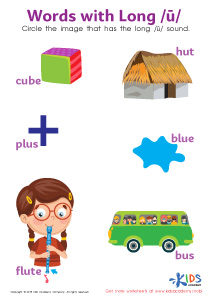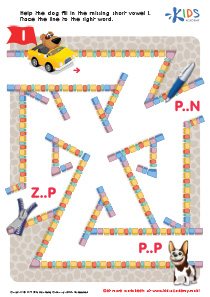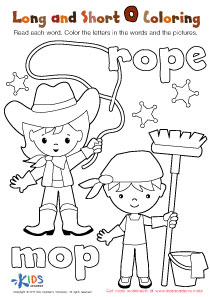Phonics skills development Kindergarten Short Vowels Worksheets
3 filtered results
-
From - To
Enhance your child's reading journey with our "Phonics Skills Development: Kindergarten Short Vowels Worksheets." Perfect for young learners, these engaging activities are designed to reinforce essential phonics skills by focusing on short vowels. Each worksheet offers fun, interactive exercises that help children recognize, pronounce, and write short vowel sounds, laying a strong foundation for reading proficiency. With colorful visuals and age-appropriate challenges, your kindergartener will remain motivated and eager to learn. Perfect for both classroom and at-home practice, these worksheets are an excellent resource for developing critical early literacy skills. Explore the world of short vowels today!
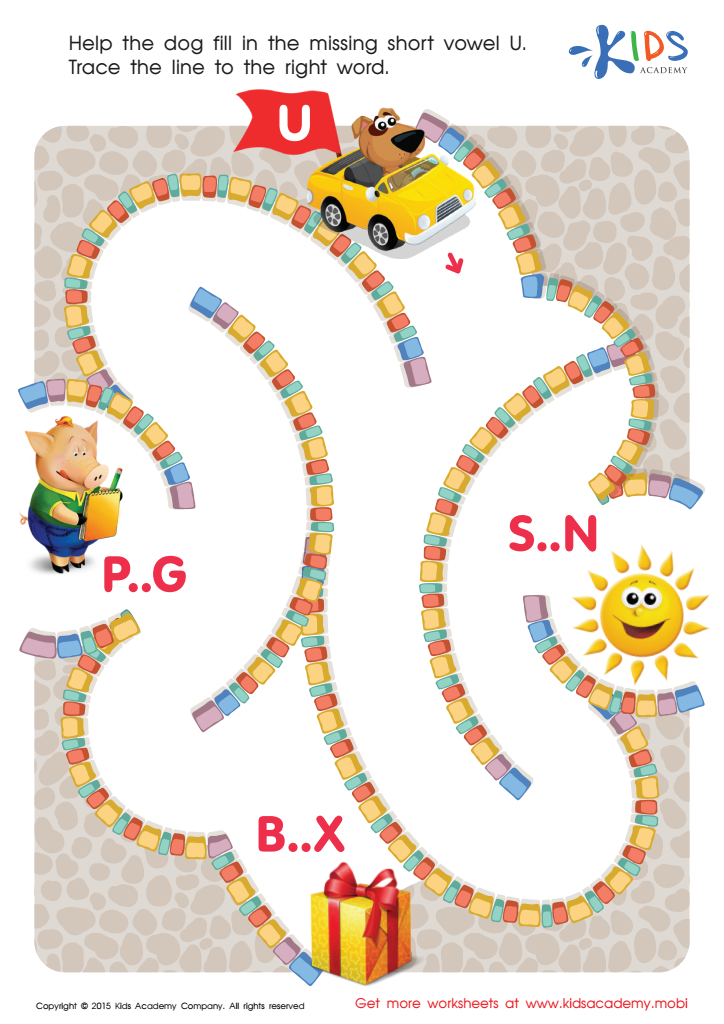

Short Vowel Sound U Worksheet
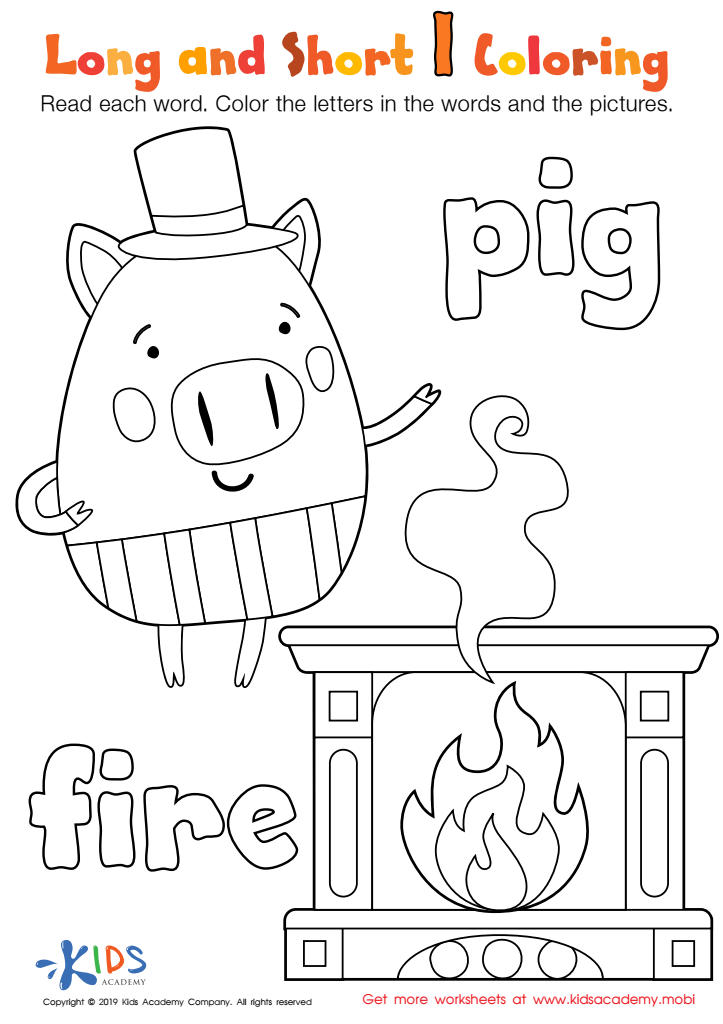

Long and Short I Worksheet
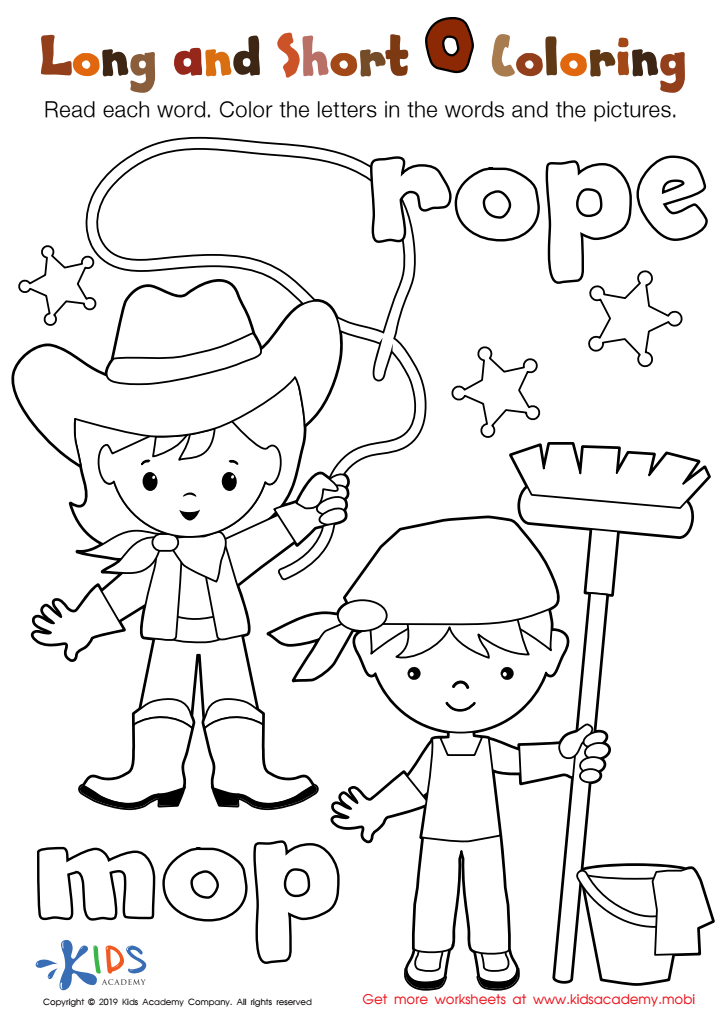

Long and Short O Worksheet
Phonics skills development, especially learning short vowels, is fundamental for young learners in kindergarten because it sets the groundwork for their future reading and writing abilities. Proficiency in phonics enables children to decode words by correlating sounds with letters or groups of letters, which is crucial for reading fluency. By focusing on short vowels early on, children learn how to decode simple words - like cat, pen, and dog - which helps them transition smoothly to more complex sounds and words later.
Parents and teachers play a pivotal role in this development. They provide the necessary guidance and practice opportunities. A strong foundation in phonics, particularly short vowels, fosters children’s confidence as early readers. This boosts their interest in reading and learning in general. Additionally, phonics skills contribute to better spelling and writing, as children can segment and blend sounds to write words accurately.
Early skill development helps identify and support children who may struggle with reading from the onset, preventing future academic difficulties. In essence, prioritizing phonics skills development, with an emphasis on short vowels, empowers children to become proficient readers and writers, laying a solid educational foundation for lifelong learning. Supporting this skill development signifies a commitment to children’s overall academic success.

 Assign to My Students
Assign to My Students







